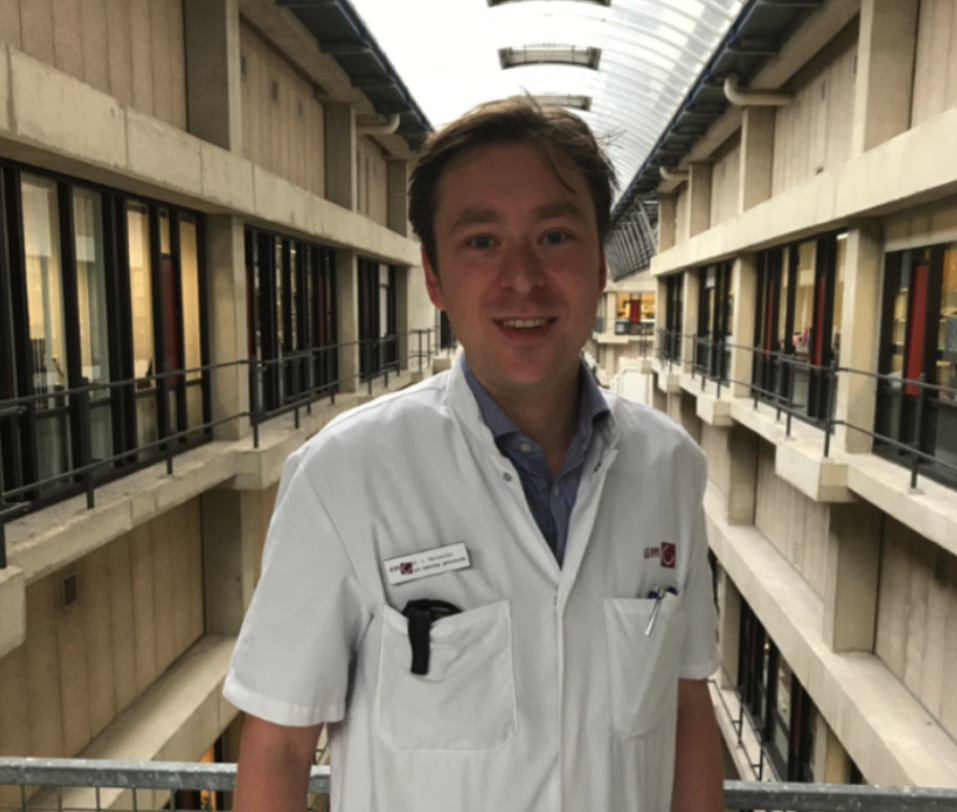In his research, Vermeulen compared the fitness of mutated cells with their healthy neighboring cells. He then discovered that mutated stem cells have an advantage over healthy stem cells, which means that they can divide more quickly and can actively suppress benign cells. These findings mean that different types of mutations can now be compared, and a further treatment to inhibit the mutated cells can be investigated, while also finding a way to boost and support the healthy cells, so that they can clean up the mutated cells themselves.
This is especially important for people with familial colon cancer who often develop polyps - the precancerous stage of cancer - at a young age. Vermeulen’s discovery means that preventive treatments can be developed for them, as almost all of these patients develop colon cancer before the age of 40, unless their colon is completely removed. As doctors are already able to identify the first abnormalities, a new preventive therapy could prevent these patients from developing the cancer or at least to develop it much later in life.

For Vermeulen receiving the Ammodo Science Award is not only a prestigious recognition of his work – he previously receivied an ERC Starting grant, a Vidi grant from NWO and an Investigator Award from the New York Stem Cell Foundation - but also brings 300.000 euros that can be used to explore ideas and directions further. There are various hereditary abnormalities that increase the risk of developing colon cancer. In follow up studies Louis Vermeulen wants to focus on for example Lynch syndrome, which increases the risk of colon and uterine cancer. For this hereditary condition, Vermeulen plans to try a similar approach, inhibiting the abnormal cells while boosting the healthy ones, so that the intestinve can clean up the harmful cells on its own.
The Ammodo Science Award is given every two years to eight laureates. The Royal Netherlands Academy for Arts and Sciences (KNAW) is responsible for the nomination and selection process.